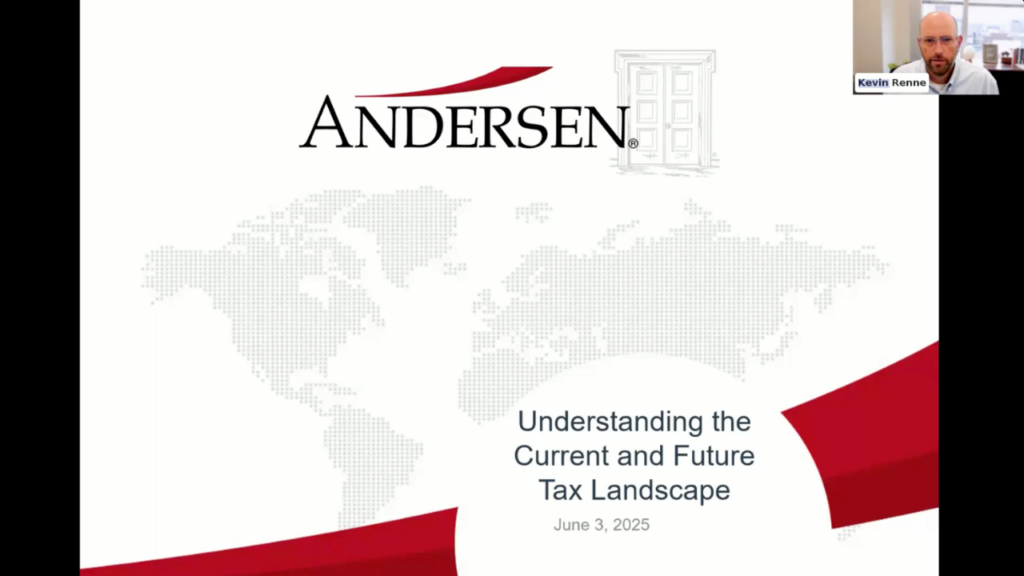Anyone who has ever been a parent remembers that moment when you’ve just brought your new baby home from the hospital and the reality hits you: You’re going to be a parent for the rest of your life! You now have another human who is depending on you for absolutely everything. It’s one of the most amazing, sobering, wonderful moments any of us can ever experience.
Everyone knows that parenthood also comes with lots of extra expenses, and they come in phases. At first, it’s all about diapers, formula, car seats, clothes (that get outgrown almost before they’re ever worn), and all the other basics that your new baby needs. Later, it’s about school clothes, braces, sports equipment, and musical instruments and lessons. And then, you’re looking forward to college or technical training and all the price tags that can go along with that phase of your child’s life.
Recent estimates for the cost of raising a child born in 2024 to the age of 18 are somewhere around $25,000 per year, for a total of $450,000. Of course, that doesn’t include college or career training. The fact is, nobody ever said that raising kids was easy—or inexpensive. But there are a few key things you can do as a new parent to prepare for some of the financial challenges that lie ahead.
Make sure you’ve got adequate insurance.
Most with young families tend to think of life insurance first, and it is certainly important to lay plans to provide for the family in the event of the loss of a breadwinner. But it goes beyond life insurance; you should also consider disability coverage, whether provided as a benefit by your employer or from a stand-alone policy. The likelihood of a prolonged disability is four times higher for a person in their early 40s than death. Disability insurance can provide essential financial stability in the event that a disability prevents a breadwinner from working.
Build and maintain an emergency fund.
Let’s face it: life throws us curveballs. A great way to prepare for the inevitable unexpected expenses—an emergency room visit, expensive car repairs, failure of a major appliance, and so on—is to build a liquid emergency fund equal to 3–6 months of your salary. The chief benefit of such a fund is that it keeps you from having to reach for a credit card, which is the number-one way that young families get in over their heads, financially.
Start thinking about tax-advantaged ways to spend.
For couples earning $56,004 or less in 2024, a childcare tax credit may be available. This means that you may be eligible for a dollar-for-dollar credit on any income tax you owe, based on your qualified childcare expenses. But even if your income is higher than this level, you may still be able to gain a tax advantage for your childcare spending if your employer offers a flexible spending account (FSA). Sometimes called a “cafeteria plan,” an FSA is a payroll-deducted plan that can allow you to pay childcare expenses with pre-tax dollars. Additionally, for those with certain high-deductible health insurance plans, it can be advantageous to open a health savings account (HSA). Funds placed in an HSA are considered pre-tax (deposits reduce your taxable income), and the growth of the money inside the account is not taxed. Also, withdrawals from the account to pay for qualified medical expenses (copays, deductibles, etc.) are not considered taxable income.
College savings.
Children born in 2024—and their parents—can expect to pay upwards of $200,000 for a four-year college degree. This means that the earlier you can start saving for your child’s college fund, the better off you’ll be.
Prioritize your retirement.
On the other hand, if you must choose between contributing to your child’s college fund and putting away money for your own retirement, fund your retirement first. There are a couple of reasons. First, your child will likely have more than one way to pay for college (scholarships, financial aid, grants, gifts from grandparents, etc.). But if you skimp on your retirement savings, you won’t be able to pull from somewhere else. If you are fortunate enough to work for an employer that offers a 401(k) or other tax-advantaged savings and investment program, you should take full advantage. But even if you don’t, start putting away money in a traditional or Roth IRA now. Even if you have to start small, the power of tax-free growth and compounding will help you build a solid foundation for a secure and satisfying retirement.
Update your estate plan.
It is essential for parents with minor children to have a will, if for no other reason than specifying who the children’s guardians will be in the event of your passing. The fact is, if you don’t have a will, your state has one for you—whether you like it or not. Consulting with a qualified estate planning attorney and having a will drafted can give you peace of mind, knowing that you have made decisions in your family’s best interests. And don’t forget about powers of attorney, both healthcare and financial. It’s also a good idea to check the beneficiary designations on any life insurance or annuity policies, and also for your retirement accounts.
At JFS Wealth Advisors, we understand the financial challenges faced by young families. Our fiduciary commitment to our clients means that we offer financial planning advice and services that always places the client’s interests foremost. To learn more about how financial planning can help you, please contact us.




















